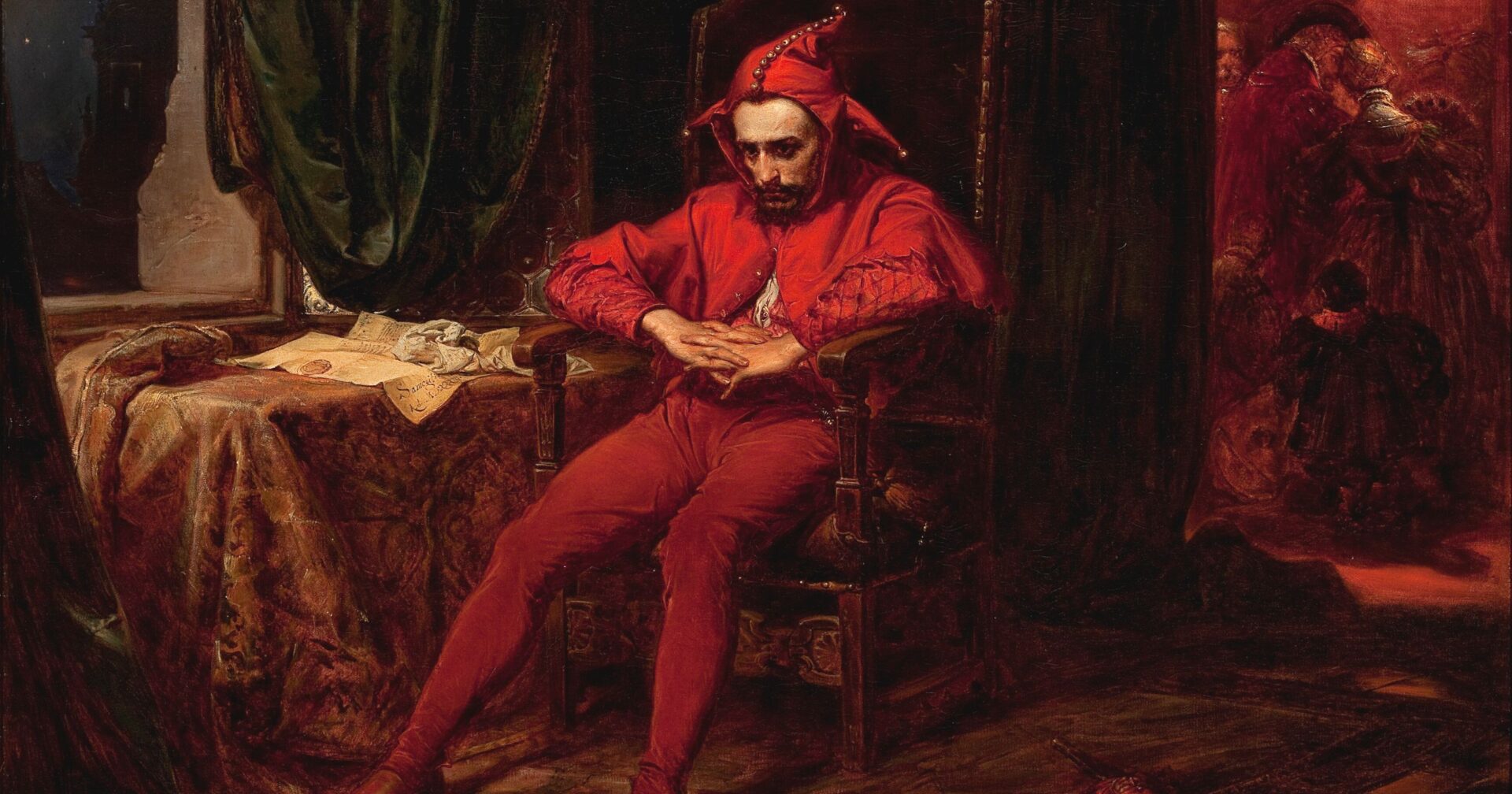The Catholic tradition holds a concept called “Foolishness for Christ” or “Holy Fools” that emphasizes the significance of unconventional and seemingly foolish behavior in the pursuit of spiritual enlightenment. This idea stems from the Christian belief in imitating Christ’s humility, who endured mockery and humiliation from the crowd.
The Old Testament prophets, such as Isaiah, Ezekiel, and Hosea, used peculiar behavior to catch people’s attention and awaken their repentance. In the New Testament, the Apostle Paul famously said, “We are fools for Christ’s sake,” and he considered the wisdom of the world as foolishness in God’s eyes.
St. Francis of Assisi is the most renowned example of a Holy Fool in Western Christianity. He required his followers to give away all their possessions and preach to the common man. Brother Juniper, one of the early Franciscan followers, took this doctrine to the extreme by giving away his clothes and cutting off the bells from his altar-cloth to give them to a poor woman.
In Eastern Orthodox asceticism, Holy Fools are called Yurodivy or Iurodstvo. They use shocking and unconventional behavior to challenge accepted norms, deliver prophecies, or conceal their piety. These individuals disregard society’s conventions to serve a religious purpose, including giving up all their worldly possessions upon joining an ascetic order or religious life.
St. Simeon, a Byzantine-Syrian monk and hermit who lived in the sixth century AD, is the best-known Holy Fool. He pretended to be mad to avoid being venerated for his social deeds, and his strange behavior included dragging a dead dog, throwing nuts at women, and overturning tables. However, he also healed possessed people, fed the hungry, preached the Gospel, and helped the needy.
Holy Fools represent a distinctive and unconventional approach to spirituality that challenges social norms while valuing humility and selflessness. Though it may appear strange or foolish, advocates argue that it can be a powerful tool for spiritual growth and connection with the divine.















nice
GOOGLE WORK
very interested